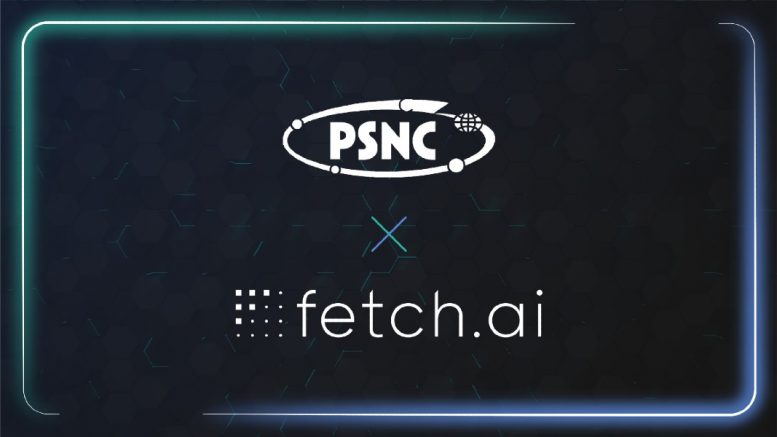Cancer Data Sharing to be Accelerated Through AI Collective Learning
Fetch.ai (https://fetch.ai/), a Cambridge-based artificial intelligence lab building an open-access decentralized machine learning network for smart infrastructure, announced today that Poland’s Poznan Supercomputing and Networking Center (PSNC) will be joining its Collective Learning initiative. This partnership will allow PSNC to use and contribute data to train algorithms that can be used by hospitals and research centers worldwide to identify and detect circulating cancer cells in patients’ blood or tissue biopsies in the upcoming future.
On Fetch.ai’s Collective Learning Module, distributed parties can work together to train machine learning models using blockchain technology and AI learning capabilities without sharing the underlying data or trusting any of the individual participants. It was most recently deployed to identify COVID-19 cases using chest X-ray images establishing a clear distinction between COVID-19 versus pneumonia cases. The collective learning protocol successfully distinguished COVID-19 patients from those with pneumonia from different causes with an accuracy of 97%.
As a part of this initiative, Fetch.ai’s collective learning algorithms will ingest experimental data from PSNC. It will then analyze this data in a shared setting, keeping each dataset private, while making the results, a machine learning model, publicly available for usage in identifying cancer cells in patients’ blood or tissue biopsies. This will also assist in the molecular profiling of tumors to identify targetable alterations in treatments, as well as the early discovery and therapeutic management of cancer patients.
“PSNC provides networking to all the clinical university hospitals in Poland. PSNC jointly with the Institute of Bioorganic Chemistry have been conducting many R&D activities to offer added-value services for advanced data analysis and AI in the area of bioinformatics,”said Maria Minaricova of Fetch.ai.“Combining their reach with the Fetch.ai collective learning module will allow researchers to make use of biomedical datasets across Europe, and analyze them remotely, whilst retaining the data within the country of origin. The ultimate goal is to facilitate the use of healthcare data for research to accelerate the development of new therapies for cancer and other diseases, and make it accessible across Europe.”
According to data going back as far as 1950, early detection is a key indicator in the prevention of many diseases. This can be seen with the implementation of technological evolutions such as the Pap test, which after its introduction resulted in a 70% decline in cervical cancer incidence and deaths in developed countries. The key to the development of these early detection methods is access to large, high-quality datasets that represent a diverse global population.
“Decentralized ledgers (blockchains) have the potential to optimize the process in which we share private data without requiring trust between participants. Paired with artificial intelligence, this can enable more comprehensive understandings of vast amounts of data,” said Krzysztof Kurowski of PSNC. “Fetch.ai’s Collective Learning module has created a scenario in which multiple stakeholders (hospitals and research labs) across Europe can build a shared machine learning model without compromising the privacy of their data. This will allow them to share sensitive information in order to further analyze and detect cancer symptoms amongst patients. We look forward to spearheading this research alongside them.”
To learn more about Fetch.ai’s Collective Learning Module you can visit: https://www.fetch.ai.

